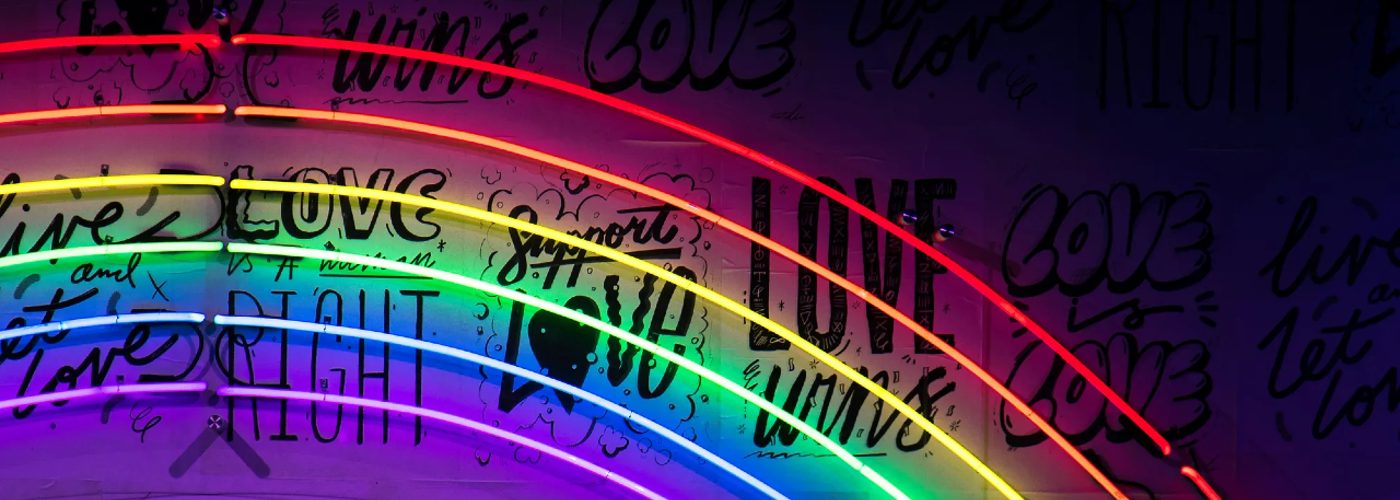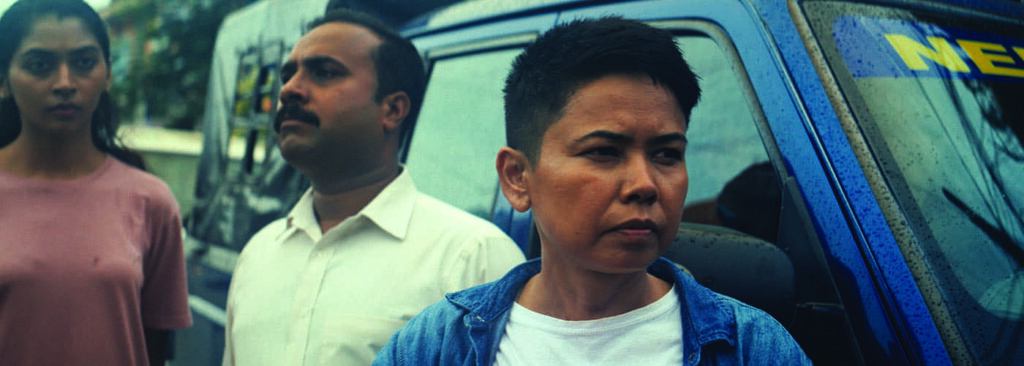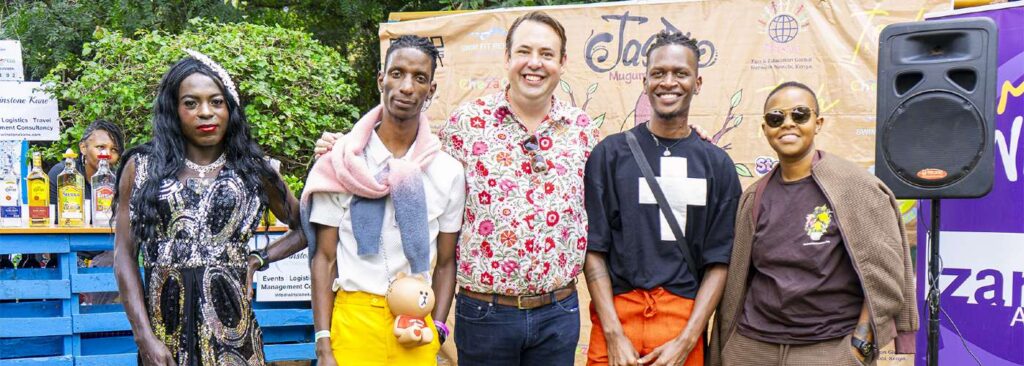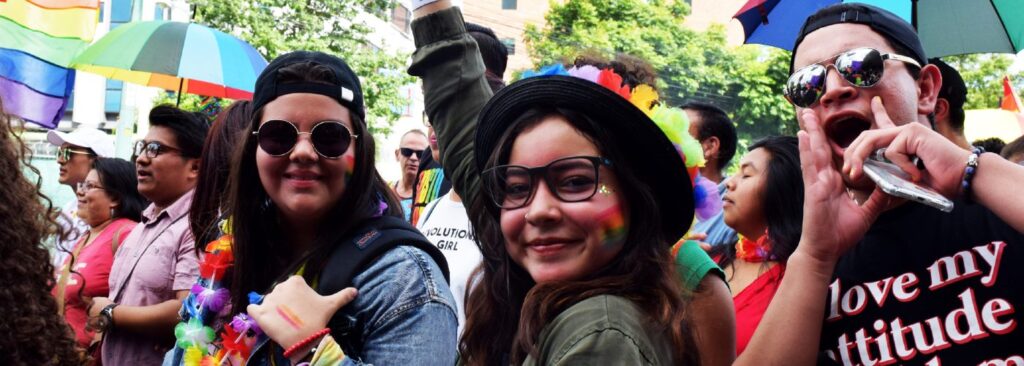By the time the curtains fell on this year’s Out Film Festival, one truth echoed louder than any standing ovation: queer love is real, and so are our stories. “Penzi Letu Ni Halisi” — our love is real — was not just a slogan; it was a declaration of presence, of visibility, of tenderness reclaimed. As the festival unfolded, it became clear that queer storytelling is not merely entertainment — it is infrastructure for shifting narratives, building collective memory, and shaping emancipatory futures.
By Imani A., from our Free to be Me team in Kenya
Pride as a narrative act
This Pride Month, we reflect not only on protest and resilience but on the narrative strategies that hold our movements together. What does it mean to reclaim authorship over our lives? To curate futures where trans joy, lesbian motherhood, bisexual intimacy, and non-binary becoming are not just possible but expected?
The Out Film Festival gave us a glimpse.
From Wondarland (Tanzania), a dance-led reimagining of queer embodiment, to How To Live (Kenya), a love letter to radical joy in chosen family, the festival showcased storytelling as activism. Each film — whether centering lesbian longevity in 14 Years and a Day, trans survival in Not A Choice, or Afro-dystopic resistance in Dry Ground Burning — was a portal to dignity.
These are not stories of exception. They are the stories of our everyday. Of queer people living, grieving, laughing, hustling, and loving across postcolonial landscapes still brimming with contradiction and complexity. This is the narrative shift we champion: from suffering to fullness, from erasure to presence.
Narrative shift is a collective practice
We believe that storytelling is a public good. Narrative infrastructure can translate inaccessible policies into community truths. When a trans woman ride-hailing driver in Kampala shares her story in Luganda subtitles, we’re not just humanizing data — we’re rewriting the terms of belonging.
We believe in stories that are creator-led, safety-conscious, and rooted in lived experience. We build from a base of narrative sovereignty — the right of communities to author, hold, and distribute their own truths. That’s why our visual work always centers Black queer realities and refuses the single story.
From festival screens to social movements
The Out Film Festival’s collaborative power — from curators like Kevin Mwachiro and Mathendu Muchoki to bold partners like Queer and Allied Chamber of Commerce and members from our Free to be Me program’s Communities of Action network — reflects what happens when arts meet organizing. These alliances remind us that queerness is not a genre, it’s a worldview. A politics. A future.
Pride, then, is not a performance — it’s a praxis of storytelling.
This month, we remember:
That our stories must be told in our own languages.
That visibility without protection is insufficient.
That authenticity is not just a value — it’s a strategy.
As audiences, creators, and advocates, we are called to co-create the worlds we deserve. We need funders who understand that storytelling is infrastructure. We need policies that protect freedom of expression. We need platforms that distribute without distortion.
Because when our children grow up watching queer families on screen, they inherit more than visibility — they inherit possibility.
Penzi Letu Ni Halisi is a vow. To each other, to the stories yet to be told, and to the futures already being imagined in the shadows of our current realities.




